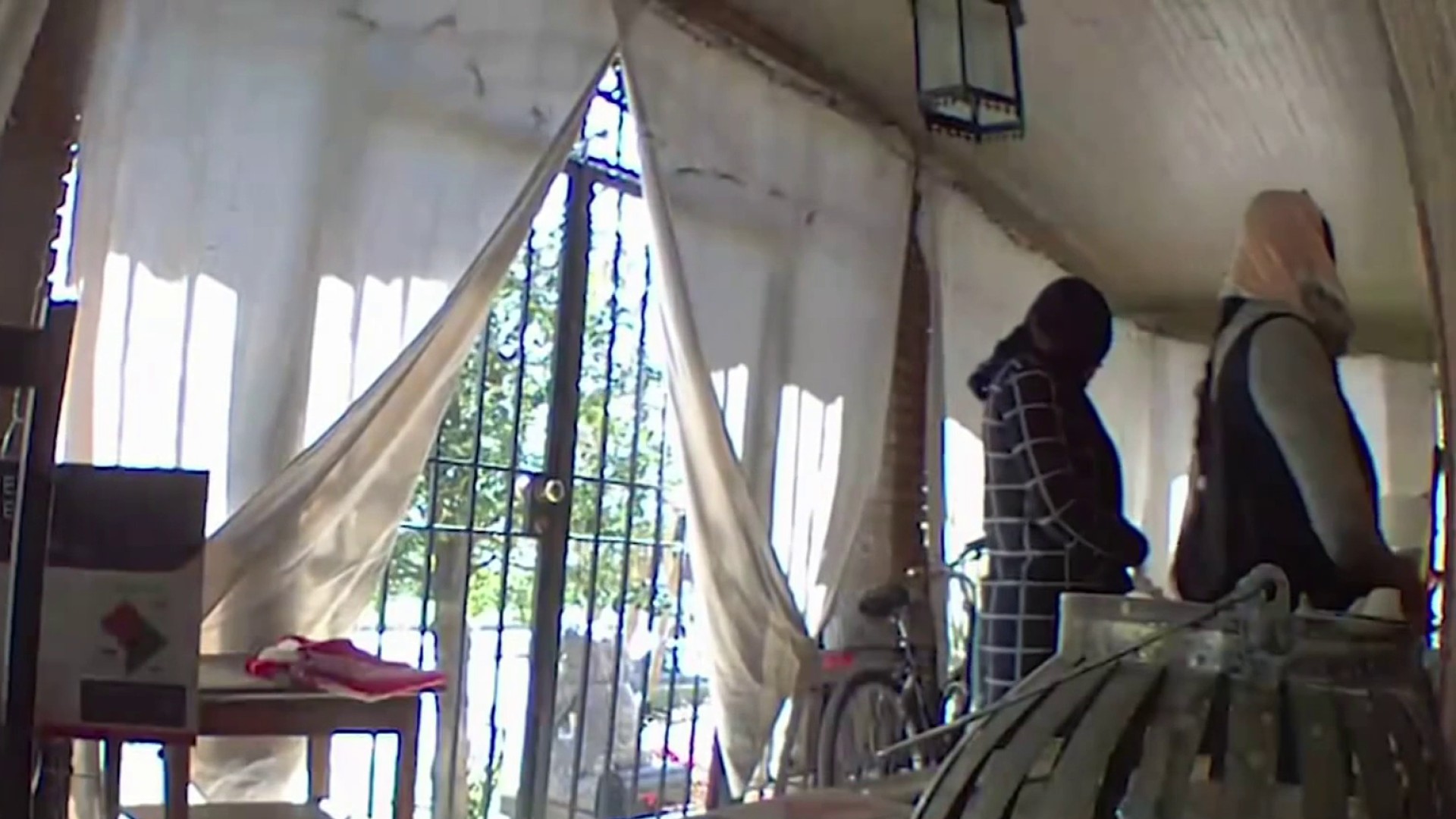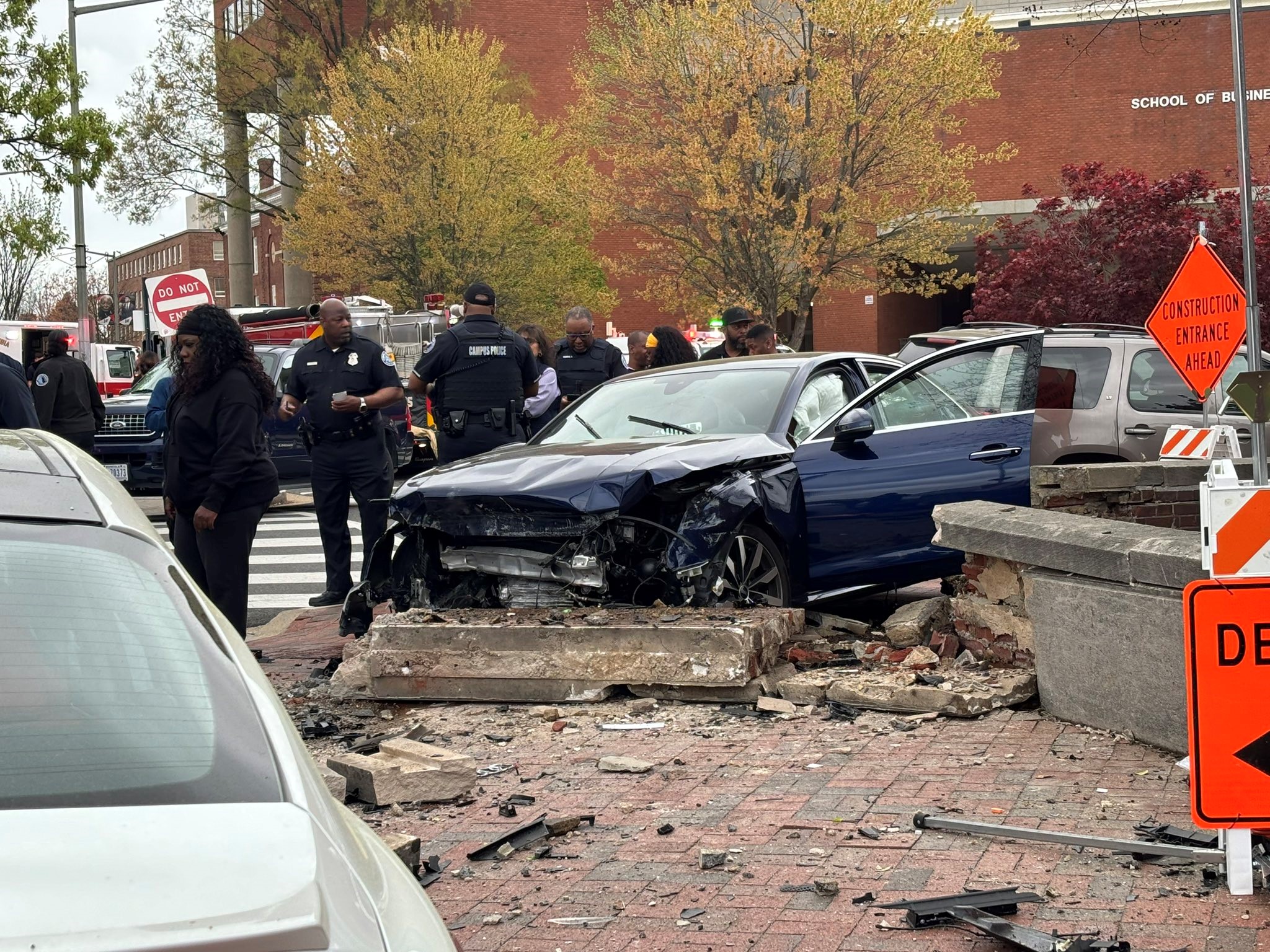Metered street parking downtown is difficult to find.
City transportation officials say as much as one-fourth of downtown traffic results from cars and trucks circling, looking for street parking convenient to wherever they’re going.
Your Notebook has worn out our Twitter feed — @tomsherwood — pointing out the erratic enforcement of parking and traffic laws, particularly during morning and evening "rush" hours. We put "rush" in quotes because on too many streets it’s more of a slog.
As bad as parking problems downtown may be for many drivers, the situation has been horrible for drivers with disabilities.
You’ve all seen the red parking meters that were sprayed all over town for reserved disability parking. But the city for years had not enforced the program. That meant anyone, disabled or not, disability placard or not, could park in those spots.
Well, as of Monday, that changed in the downtown Central Business District.
Public works ticket writers and police are now issuing tickets for anyone who parks in those 350 designated parking spaces without displaying a disability placard or license plate. The drivers in those spots must pay but get longer time at those meters (up to four hours). Outside of the central business district, those with placards may park for free at twice the posted time of any meter.
Local
Washington, D.C., Maryland and Virginia local news, events and information
The fine for red-top violators without placards is $250. If a person with a valid disability permit parks beyond four hours, the fine is $30.
Some think even the $250 fine should be higher. Drivers with disabilities must negotiate curbs, lamp posts, trash cans and many other impediments to easy travel. People who take their parking spaces should pay dearly.
There clearly are not enough spaces set aside for disability-placard vehicles, but at least this is a start. City officials say they will be monitoring spaces to make sure the disability placards are not fake or given out by unscrupulous medical offices. A sea of placards show up on some downtown streets near office buildings and federal agencies.
It’s unclear how aggressive enforcement will be for any of this. The D.C. Department of Transportation makes the decisions on placing parking meters, but the Department of Public Works has a division that handles parking ticket writers. We’re not clear why the enforcement isn’t all under the transportation agency. Maybe that will be a future column.
You can read about the city’s parking rules and geographic boundaries of the central business district at parkdc.com.
■ Suburb-city flip. Crime, crumbling roads, pockets of increasing poverty and school inadequacies. It’s a common refrain we’ve heard for decades about our American cities.
Well, that’s changing.
“Indeed, with their enormous physical footprints, shoddy construction, and hastily installed infrastructure, many suburbs are visibly crumbling,” writes Richard Florida for The Atlantic’s CityLab. “Once the key driver of the American dream,” he writes, “the suburbs have reached the end of a long era of cheap growth. Now their advantages to economic mobility have nearly disappeared.”
Florida notes that suburban dysfunction may turn out to be bigger than the urban declines solely because more people live there: “Today’s suburbs no longer look much like the lily-white places portrayed on sitcoms like ‘Leave it to Beaver,’ ‘The Donna Reed Show,’ or ‘Father Knows Best.’”
It means that lower-income families in the suburbs have longer commutes and more difficult time finding jobs that pay family support wages. The strain of daily living undercuts the upward-mobility that suburbs once promised.
The article points out the obvious — there are plenty of stable wealthy suburbs. But overall, there is significant change as many suburbs simply are wearing out and cities are revitalizing. Read more at CityLab: tinyurl.com/florida-suburbcrisis.
■ A final word. The Greater Washington Board of Trade announced Monday that its longtime president and CEO Jim Dinegar will step down later this year once a replacement is identified.
Dinegar is reorienting his life to care for his two teenage children. His ex-wife died of breast cancer a couple of months ago. As we told Dinegar in a text message as soon as we heard the news: “I just wanted immediately to say you always have been first-rate with me as a reporter and I wish you well as you begin a new chapter.”
Tom Sherwood, a Southwest resident, is a political reporter for News 4.



